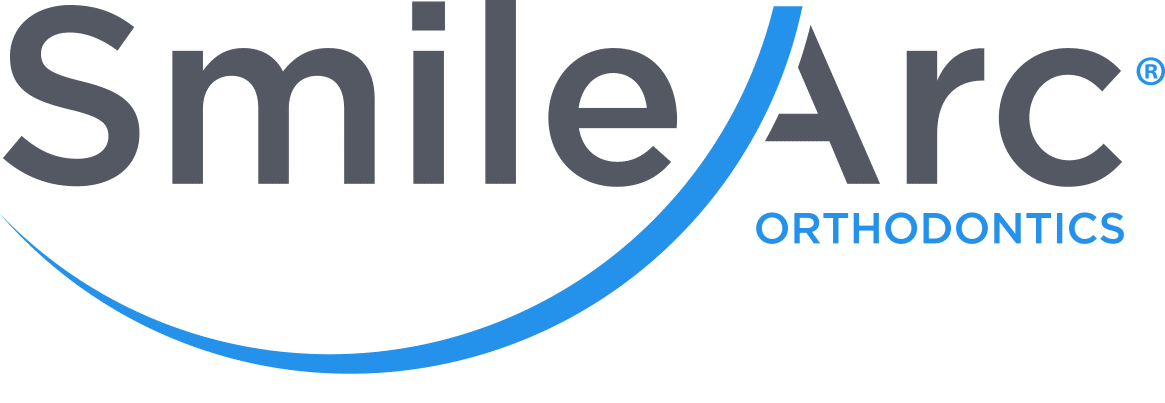Recognizing Sleep Apnea
It is crucial to be aware of sleep apnea symptoms as they can significantly impact quality of life and overall health:
- Loud snoring that disturbs others’ sleep
- Sudden awakenings with gasping, coughing, or choking
- Rapid heartbeat upon waking
- Morning headaches
- Persistent tiredness despite sufficient sleep
- Daytime drowsiness or unexpected naps
- Cognitive difficulties, including issues with memory or focus
- Mood changes, such as irritability or impatience
- Unexpected weight gain or difficulty with weight loss
- Adults experiencing acid reflux
- Attention deficit/hyperactivity disorder symptoms in children
- Nighttime bed-wetting in children
Left untreated, sleep apnea increases the likelihood of illness or injury. It has been linked to obesity, high blood pressure, cardiovascular disease, diabetes and even death.
Serious and life-threatening problems start when sleepers begin experiencing apneas (where breathing stops) and hypopneas (where breathing is shallow due to an obstruction). Breathing is usually blocked in the back of the throat when the tongue and muscles relax during sleep, the lower jaw falls back toward the throat, and the airway becomes blocked.
Apneas can last from 10 seconds to a minute or longer and can occur hundreds of times per night.
The body’s oxygen level drops which in turn causes blood pressure to rise. The heart is forced to beat faster, which increases the pulse rate. The brain may cause the arms, legs or whole body to jerk in an attempt to wake the sleeper to resume breathing. The silence may end with a loud snort, cough or gasp. This causes the sleeper to wake briefly and begin breathing. Once asleep again, the muscles relax etc. and the process repeats itself.


